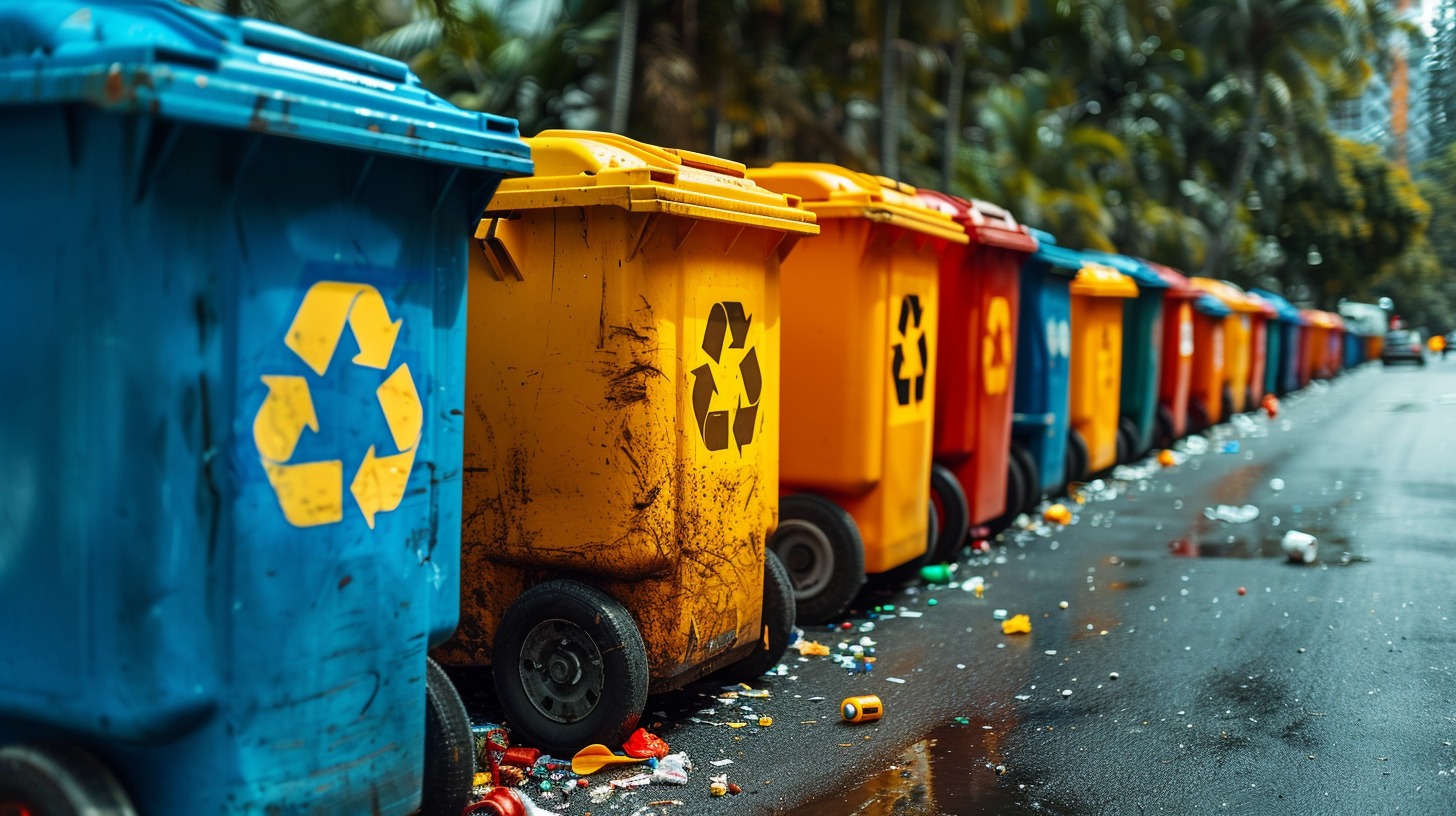Starting a garbage removal business requires careful planning and following specific regulations. The waste disposal and recycling industry can involve a hefty investment, depending on the type and scale of operations. It’s crucial to thoroughly evaluate the financial aspects before diving in.
It’s vital to thoroughly assess the financial aspects before diving in. Whether you’re looking to start junk removal in Staten Island or elsewhere, this step-by-step guide provides an easy-to-understand overview of the critical procedures and considerations for launching your business.
Research the Market
Before launching your business, perform thorough market research to understand the industry and local demand for bins, disposal, and recycling services. Check out potential competitors, evaluate their strengths and weaknesses, and seek opportunities to stand out.
Develop a Business Plan
Create a detailed business plan drafting your goals, target market, marketing strategies, pricing structure, and economic forecasts. This project will serve as your roadmap and is crucial for securing financing or partnerships.
Register Your Business
Register your business and get the necessary permits and licenses. Consult with legal and accounting pros to ensure you follow all the rules.
Secured Financing
Decide how much capital you need to start your bins, disposal, and recycling business. Explore funding options like loans, grants, or investors. Prepare a solid financial plan to show your venture’s potential profitability and sustainability.
Acquire Equipment and Cars
Invest in the required equipment and vehicles for waste collection, transportation, and disposal. Make sure your gear meets safety standards and regulatory requirements.
Hire and Train Staff
Recruit qualified people with the skills, knowledge, and licenses to manage waste and recycling processes. Provide thorough training on safety protocols, waste segregation, and equipment operation to ensure smooth and responsible operations.
Establish Partnerships
Work with local municipalities, businesses, and waste management organizations. Build relationships with disposal facilities and recycling centers to streamline operations and ensure proper waste processing.
Develop Marketing Strategies
Create a strong marketing plan to promote your services. Use social media, local advertising, and networking events to reach potential customers. Highlight the environmental and cost-saving benefits of your services.
Build a Strong Brand
Create a vital label emphasizing your commitment to sustainability and responsible waste management. Use different marketing channels to target residential and commercial customers, raising awareness and attracting clientele.

Maintain Regulatory Compliance
Stay updated on federal, provincial, and municipal regulations regarding waste management, recycling, and environmental protection. Keep up with any changes to ensure your business remains compliant.
Monitor and Improve Operations
Regularly assess your business’s performance and customer satisfaction. Continuously look for ways to improve efficiency, reduce waste, and enhance recycling efforts. Keep up with advancements in waste management technologies and adapt to stay competitive.
Invest in Infrastructure and Logistics
Get the necessary infrastructure, such as bins, collection vehicles, and recycling facilities. Develop efficient logistics and transportation systems to streamline operations—partner with local waste management facilities to optimize resource use.
Focus on Customer Service and Education
Provide top-notch customer service with timely and reliable waste collection. Educate your customers about sustainability, recycling, and responsible waste disposal. Organize community events or workshops to engage with customers and promote a positive impact.
Form Partnerships and Collaborations
Work with other businesses, municipalities, and nonprofits to expand your reach and impact. Partnering with regional organizations can help you access a broader customer base and enhance credibility.
Commit to Continuous Improvement
Regularly review and improve your processes to remain ahead of industry trends and regulations. Update your business policies and practices based on emerging technologies, waste management, and recycling innovations to ensure long-term competitiveness and sustainability.

